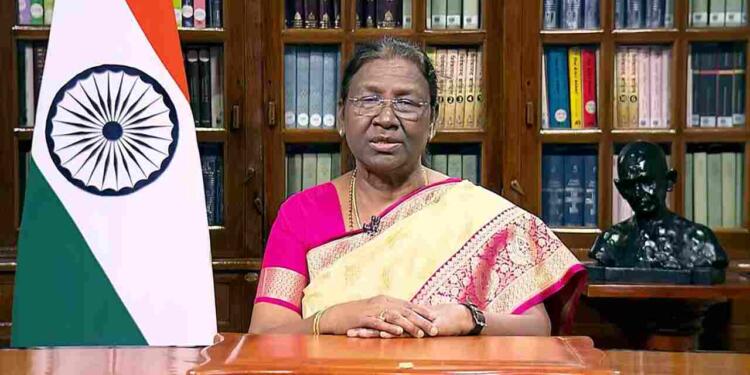The President of India, Draupadi Murmu, recently appointed new governors for several states, highlighting the significance of this constitutional position. This article delves into the role of state governors, their appointment process, and the often complex relationship between governors and state governments. Understanding the governor’s function is crucial for grasping India’s federal structure and the balance of power between the Centre and states.
The Governor’s Appointment
The Indian Constitution mandates a governor for each state. The President appoints governors, who serve as the Centre’s representatives. Interestingly, one person can govern multiple states simultaneously. This flexibility allows for efficient governance, especially in smaller states or during times of political instability.
Qualifications and Term of Office
To become a governor, an individual must meet specific criteria:
– Be an Indian citizen
– Be at least 35 years old
– Not hold any other office of profit
– Not be a member of Parliament or state legislature
Governors typically serve a five-year term but can be removed earlier at the President’s discretion. This arrangement ensures that governors remain accountable to the central government while providing stability to state administrations.
The Governor’s Constitutional Role
The governor’s position is designed to be apolitical, working alongside the state’s Council of Ministers. However, the governor retains certain discretionary powers, including:
– Assenting to or withholding assent from state bills
– Determining the timeframe for proving majority in the Assembly
– Deciding which party to call first in a hung verdict
These powers make the governor’s role significant in state governance. The governor must navigate the delicate balance between state autonomy and national interests, often walking a tightrope between different political factions.
Governor’s Day-to-Day Responsibilities
Beyond constitutional duties, governors play a vital role in the state’s daily affairs:
– Addressing the state legislature
– Appointing the Chief Minister and other ministers
– Recommending President’s Rule if necessary
– Serving as chancellor of state universities
These responsibilities require governors to be well-versed in state affairs and maintain a neutral stance in political matters.
Governor-State Government Friction
Despite the intended non-partisan nature of the role, governors have often been accused of acting on behalf of the central government. This has led to conflicts with state governments, especially those from opposition parties. Such friction can hinder effective governance and create political instability.
Reasons for Tension
Several factors contribute to the sometimes strained relationship between governors and state governments:
– Lack of clear constitutional guidelines for public engagement during disagreements
– Perception of governors as political appointees rather than neutral figures
These issues have led to numerous instances where governors and state governments have engaged in public disputes, undermining the dignity of both offices.
Historical Perspective on Governor-State Relations
Over the years, the relationship between governors and state governments has evolved. In the early years of independence, governors often played a more active role in state affairs. However, as India’s democratic institutions matured, the role became more ceremonial. Despite this shift, tensions have persisted, particularly during periods of political instability or when different parties control the state and central governments.
The Way Forward
Addressing Constitutional Concerns
To improve the governor-state government relationship, experts suggest several reforms:
– Emphasizing the apolitical nature of the governor’s role through stricter selection criteria
– Creating clearer guidelines for resolving disputes between governors and state governments
– Considering reforms to increase accountability for governors, possibly through a review mechanism
– Enhancing transparency in the appointment process to reduce allegations of political bias
Balancing Central Oversight and State Autonomy
The governor’s role is crucial in maintaining the delicate balance of India’s federal structure. While central oversight is necessary, it should not come at the cost of state autonomy. Future reforms should aim to strike this balance, ensuring that governors can effectively represent the Centre without undermining state governments.
Conclusion
The position of state governor plays a vital role in India’s complex federal system. While designed to be a neutral link between the state and central governments, the reality often proves more challenging. As India continues to evolve, finding the right balance for this important constitutional position remains an ongoing challenge.
























